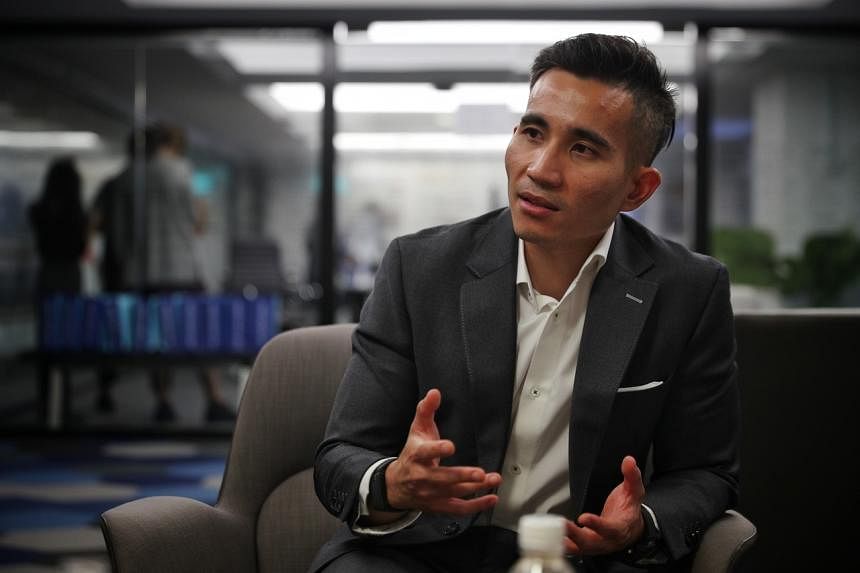SINGAPORE - To gain voters' confidence ahead of Malaysia's next election, the Umno-led government should put in place plans to address cost of living issues, including how to better channel subsidy payments estimated to reach RM71 billion (S$22 billion) this year, says the party's information chief, Mr Shahril Hamdan.
The next election must be held by September 2023 but is widely expected to be called this year. Prime Minister Ismail Sabri Yaakob had in late May downplayed calls for early polls, citing surging inflation.
Meanwhile, a domestic chicken shortage that sent prices soaring prompted his administration to impose an export ban from June 1 and announce plans to redirect subsidy payments originally intended for farmers to low-income households instead from July 1.
Mr Shahril, 36, told The Straits Times in an interview that to gain voters' confidence at the ballot box, the government should have in place its "cost of living initiatives or interventions" and indicate to the public that these plans will continue if the Barisan Nasional (BN) alliance, of which Umno is the linchpin, wins the polls.
"Having those plans already in place and announced, will be one of those things we want to do before potentially discussing... holding an election," he said.
Mr Shahril, who is also economic director in the Prime Minister's Office, said with regard to the subsidy payments for chicken, the government is finalising its mechanism, including how many recipients will benefit as well as the amount of the subsidy or cash aid to dispense to offset higher chicken prices once the price ceiling is lifted on July 1.
There are about three million households in the B40 category representing the country's bottom 40 per cent of earners. Assuming all of the RM720 million the government had set aside for subsidies to farmers is directed to these families, each B40 household would receive at least RM240.
A much larger chunk of Malaysia's subsidy bill is for petrol, which is estimated to amount to about RM30 billion, or 42 per cent of annualised subsidies this year, according to Mr Shahril. Driven chiefly by the war in Ukraine, world oil prices have climbed over 70 per cent in the last 12 months.
Though Malaysia is an oil-producing country, the net effect to it is neutral, said Mr Shahril. "Prices are going up so high, but we are not gaining from it because of the subsidy size."
However, he declined to disclose if the government was planning to adopt a more targeted fuel subsidy system to benefit the needy, while allowing those who can absorb the higher costs to pay market prices.
Senior Minister for International Trade and Industry Azmin Ali had said in May that a fuel subsidy scheme where the rich will pay more than lower-income groups is being considered by his ministry.
Mr Shahril, who is deputy chief of Umno Youth, believes that Malaysia's largest party would do well to head to the polls armed also with plans for investment in food security, reducing income inequality and developing the green economy - the last to target younger voters in particular.
Last year, the voting age was lowered to 18 years, adding about four million voters to the electoral roll, and representing a 25 per cent increase from the last election in May 2018.
As the country's oldest and largest party, Umno is generally viewed as being traditional and slow to reform. The old guard remains, such as former prime minister Najib Razak, who stepped down as party chief after BN's first-ever election defeat in 2018 and is still influential despite being convicted of corruption linked to the 1Malaysia Development Berhad scandal. Meanwhile, president Ahmad Zahid Hamidi himself currently faces dozens of graft charges.
Despite these challenges, Mr Shahril, however, is convinced his messaging will resonate with the younger electorate.
"BN offers stability, credibility and capability in government that was sorely lacking in the 22 months of Pakatan Harapan," he said, referring to the opposition coalition that won in 2018 but was brought down by defections less than two years later.
"Even if reforms are going at a different pace to what they like, reforms are still on the party's agenda. Many young people were fielded in the recent state elections... so there is regeneration... within the party."


